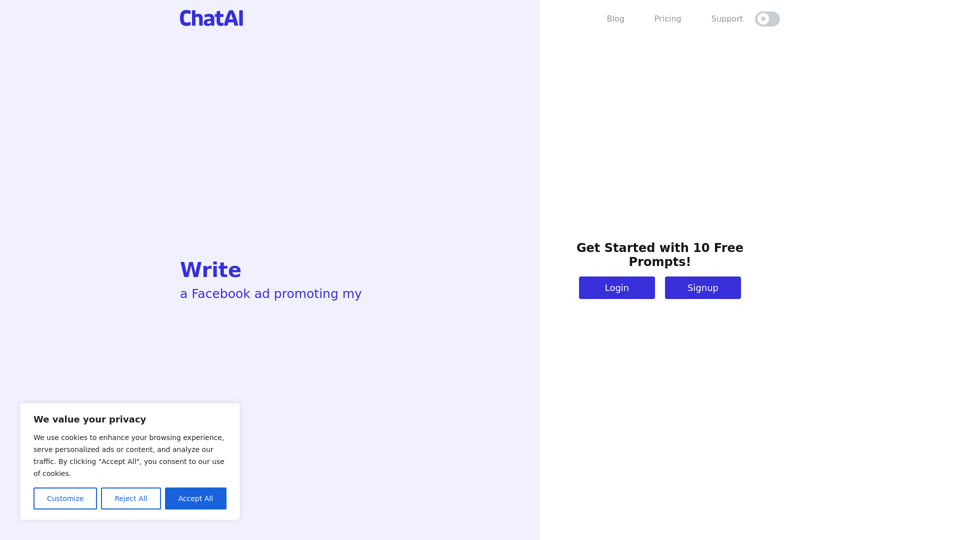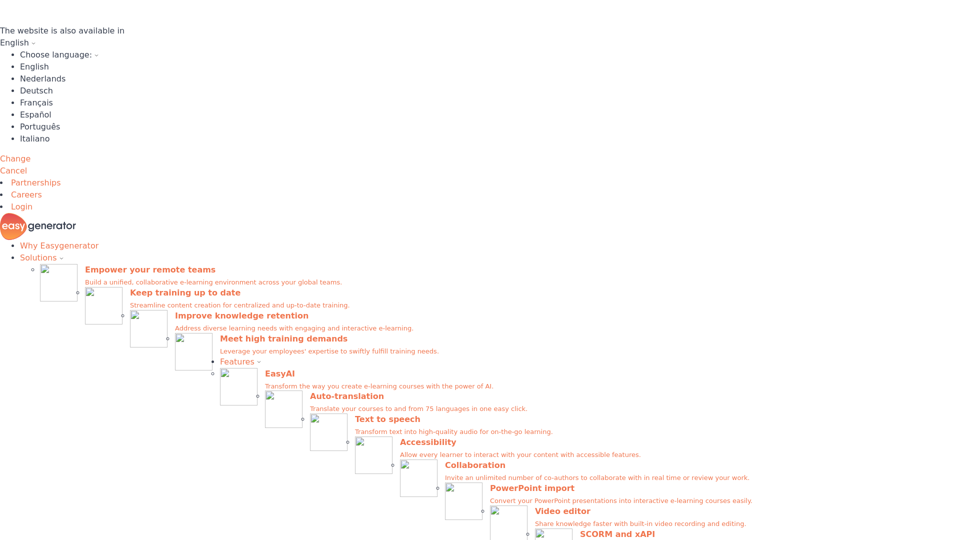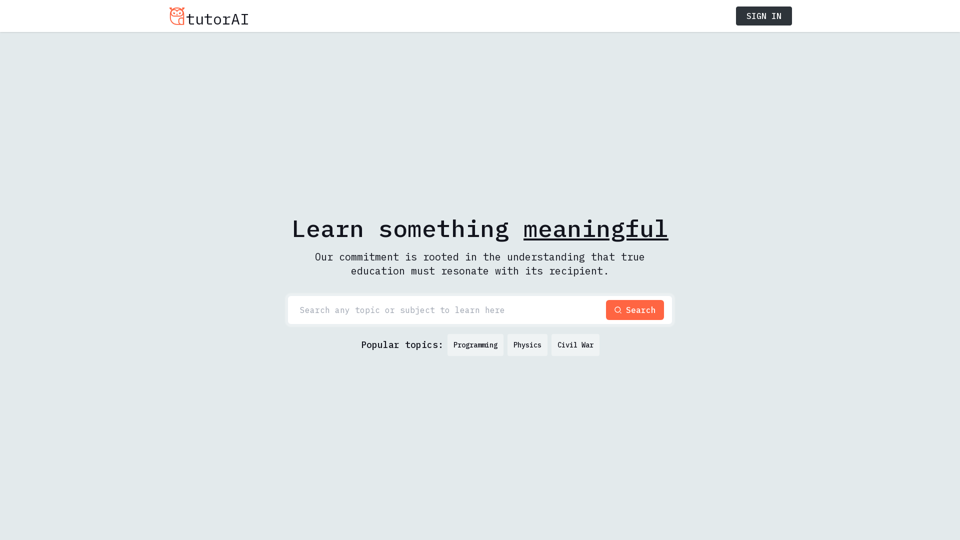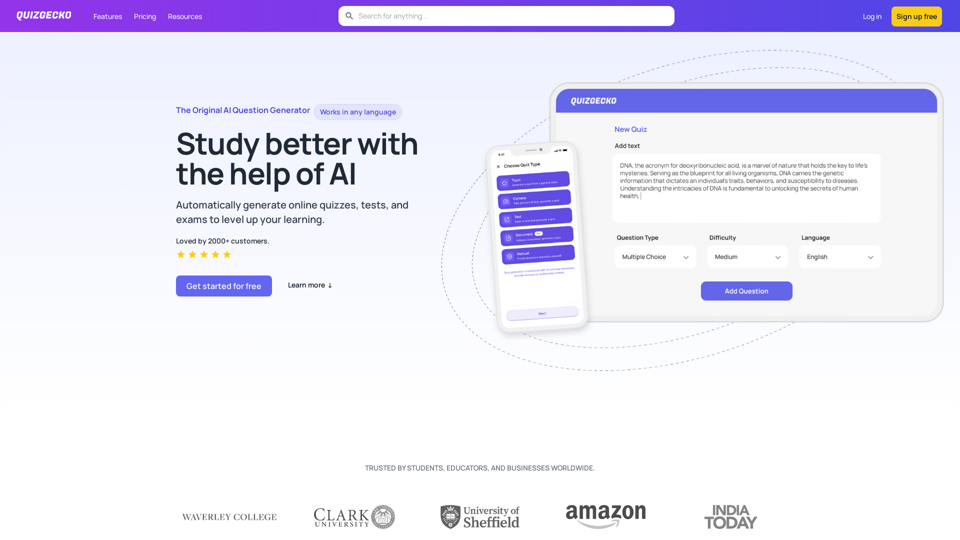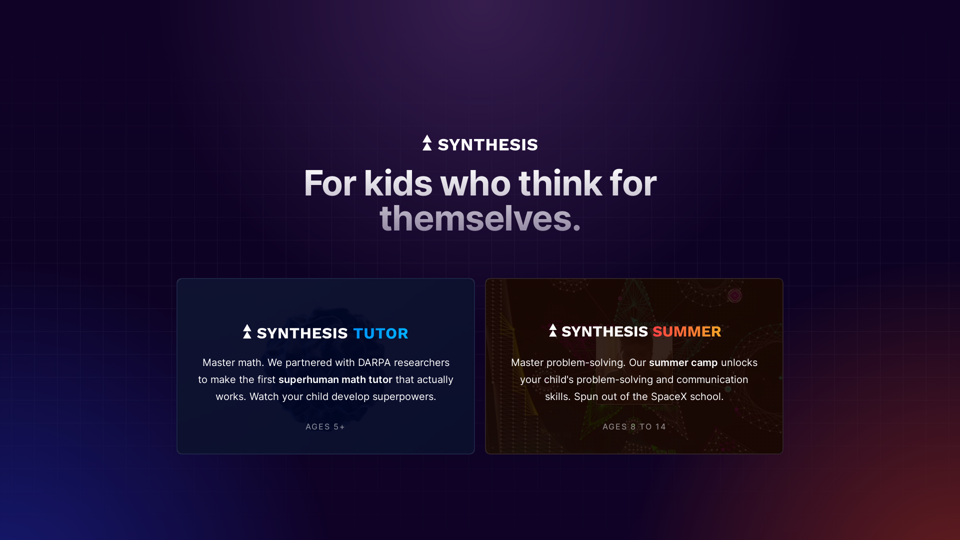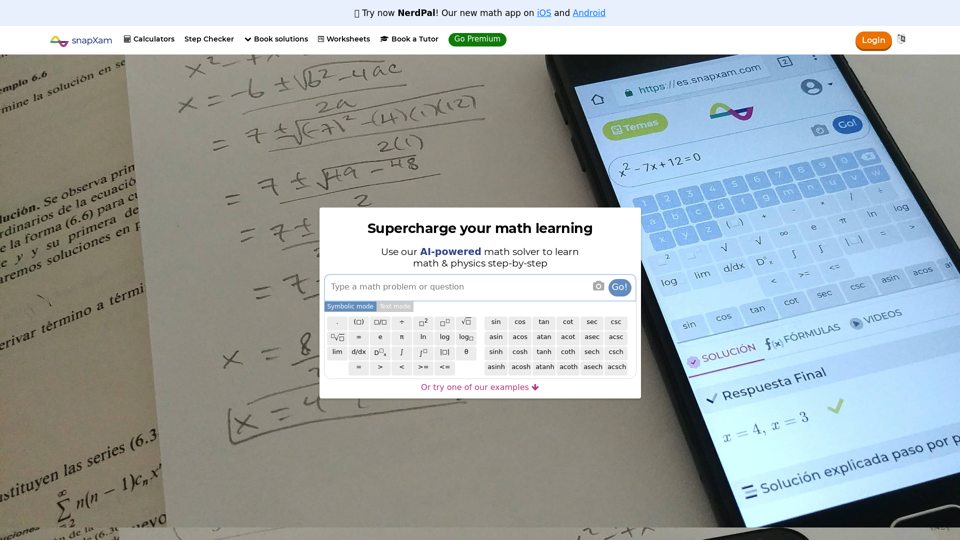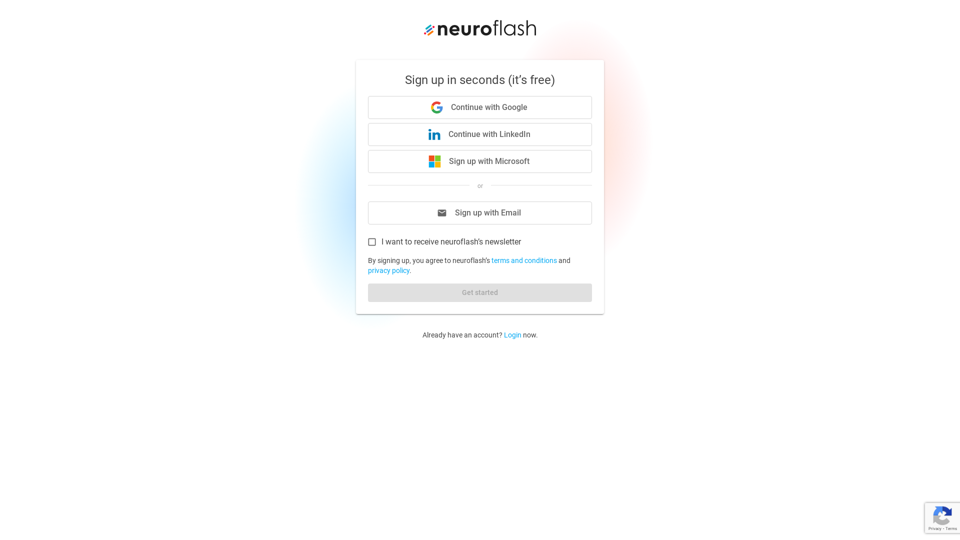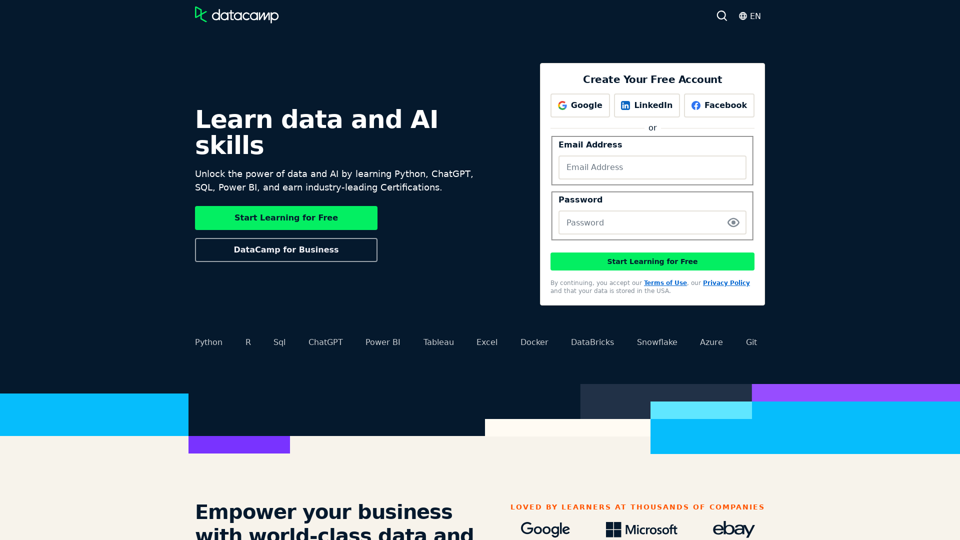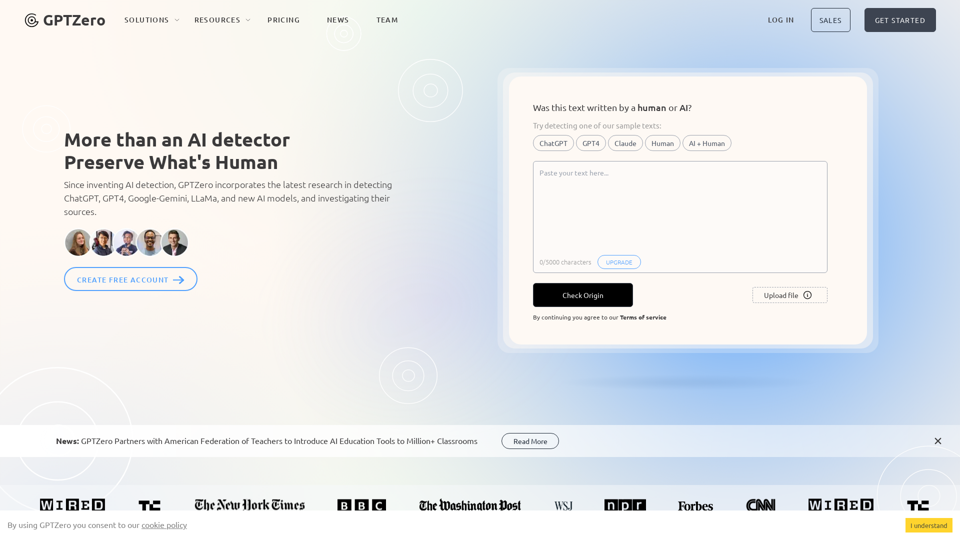什么是人工智能 (AI)?
人工智能 (AI) 是计算机科学的一个分支,旨在创建能够执行通常需要人类智能的任务的系统。这些任务包括自然语言处理、模式识别、决策制定和从经验中学习。AI 包括一系列子领域,每个子领域都有不同的目标和应用。
人工智能的类型
AI 可以根据能力和功能进行分类:
基于能力
- 狭义 AI(弱 AI): 设计用于特定任务,如语音识别或图像分类。例子包括苹果的 Siri 和 IBM 的 Watson。
- 通用 AI(强 AI): 一种理论概念,机器能够执行任何人类可以做的智力任务。
- 超 AI: 假设的超越人类智能的 AI。
基于功能
- 反应型机器: 基于当前数据操作,没有记忆。例子包括 IBM 的深蓝。
- 有限记忆: 可以利用过去的经验来决策,如自动驾驶汽车。
- 心智理论: 理解人类情感和社交互动的 AI 系统。
- 自我意识: 理论上的具有意识和自我意识的 AI。
人工智能的好处
AI 提供众多优势:
- 高精度: AI 系统可以实现高精度,错误率极低。
- 速度: AI 可以比人类更快地处理数据和做出决策。
- 可靠性: AI 系统可以一致地执行重复性任务。
- 风险管理: AI 可以在危险环境中工作,降低人类风险。
- 数字助手: AI 提供个性化体验,如虚拟助手。
- 公共设施: 提升服务,如自动驾驶汽车和人脸识别。
如何使用人工智能
先决条件
在深入研究 AI 之前,某些基础知识是有益的:
- 数学: 理解代数、微积分和概率。
- 编程: 熟练掌握 Python 或 R 等语言。
- 数据结构: 了解数组、列表和树。
- 统计学: 能够分析和解释数据。
发展 AI 技能
- 数学和统计学: 掌握线性代数、微积分和统计分析。
- 编程: 学习使用 Python 或 R 编写代码,专注于 AI 库。
- 机器学习: 了解算法及其应用。
- 深度学习: 探索神经网络及其在 AI 中的应用。
学习资源
- 在线课程: 提供从初级到高级的 AI 课程的平台。
- 书籍和教程: 关于 AI 概念和应用的综合指南。
- 项目: 通过实际的 AI 项目获得实践经验。
AI 工具和包
- Python 库: pandas、NumPy、Scikit-Learn 用于数据处理和机器学习。
- 深度学习框架: TensorFlow、PyTorch 用于构建神经网络。
通过掌握这些技能并利用这些资源,您可以在各个领域有效地利用 AI 的力量。
